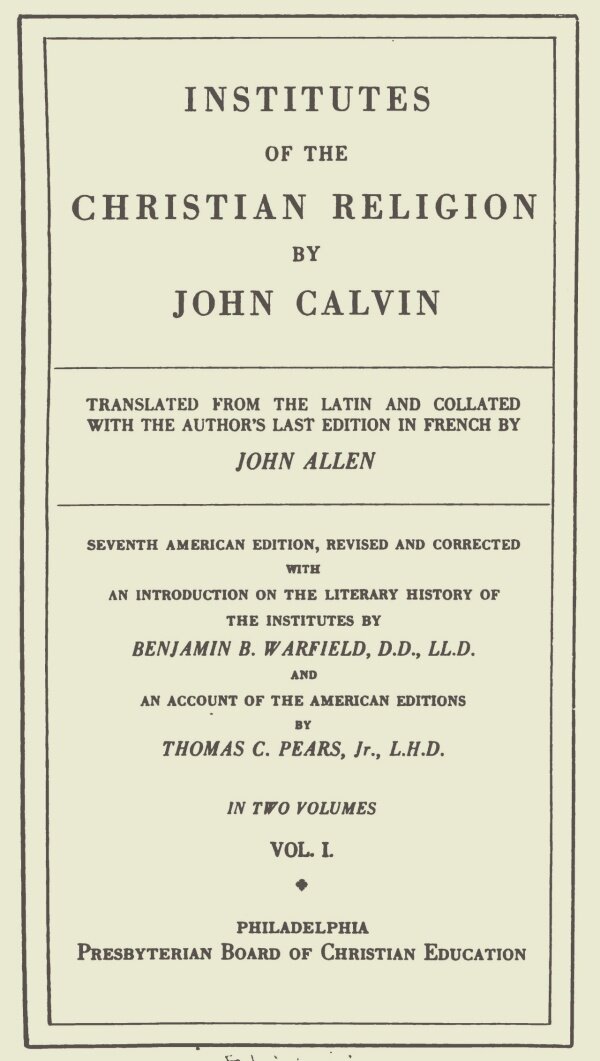Receive our blog posts in your email by filling out the form at the bottom of this page.
As the year winds down, Log College Press remains in high gear as we continue to expand the site and make accessible more and more literature from early American Presbyterians.
Last month, in October 2022, we added 494 new works to the site. There are currently over 16,000 free works available at LCP. Today we are highlighting some of the new free PDFs available as found on our Recent Additions and Early Access pages, two features provided to members of the Dead Presbyterians Society.
Some highlights at the Early Access page:
Recently we extracted selections found within Sterling’s Southern Orator and Sterling’s Southern Readers, including writings by George Howe, T.V. Moore, Benjamin Morgan Palmer, and William Wirt;
We also extracted sermons from The Union Pulpit (1860) by William Adams, Phineas D. Gurley, Nicholas Murray, Charles H. Read, and Byron Sunderland;
Poems by Charles L. Thompson (Paul at Athens, 1872) and Edward D. Morris (The Final Faith, 1913); and
General Assembly Moderators’ Sermons by John C. Lord (PCUSA, 1853) and Joseph R. Wilson (PCUS, 1880).
Some highlights at the Recent Addtiions page:
Philip Schaff edited both The American Church History series and A Select Library of the Nicene and Post-Nicene Fathers of the Christian Church (first and second series). All of the above has now been added to Log College Press (approximately 23,000 pages of material);
Working for the Presbyterian Board of Publication, William M. Engles edited the 12-volume British Reformers series, which has now been added to his page;
The full run of The Penn Monthly Magazine under Robert E. Thompson’s editorship (13 volumes);
Dozens of works by Theodore L. Cuyler, Benjamin M. Palmer and Thomas DeWitt Talmage;
Joshua L. Wilson’s 1845 first sermon on witchcraft; and much more.
Also, be sure also to check out the quotes we have been adding at our blog for DPS members: Though Dead They Still Speak, including George Howe on the importance of a well-educated spiritual ministry; E.S. Ely on the duty of civic rulers to "kiss the Son"; Alexander Proudfit on the Biblical qualifications for public office; and Robert D. Wilson’s life plan to defend the Old Testament.
We appreciate hearing from our readers if they find matters needing correction, or if they have questions about authors or works on the site, or if they have suggestions for additions to the site. Your feedback helps the experience of other readers as well.
Meanwhile, please feel free to browse the many resources available to our readers in print and in digital format. There is a lot to explore, and many Presbyterian voices from the past to hear. Thank you, as always, for your interest and support, dear friends.






